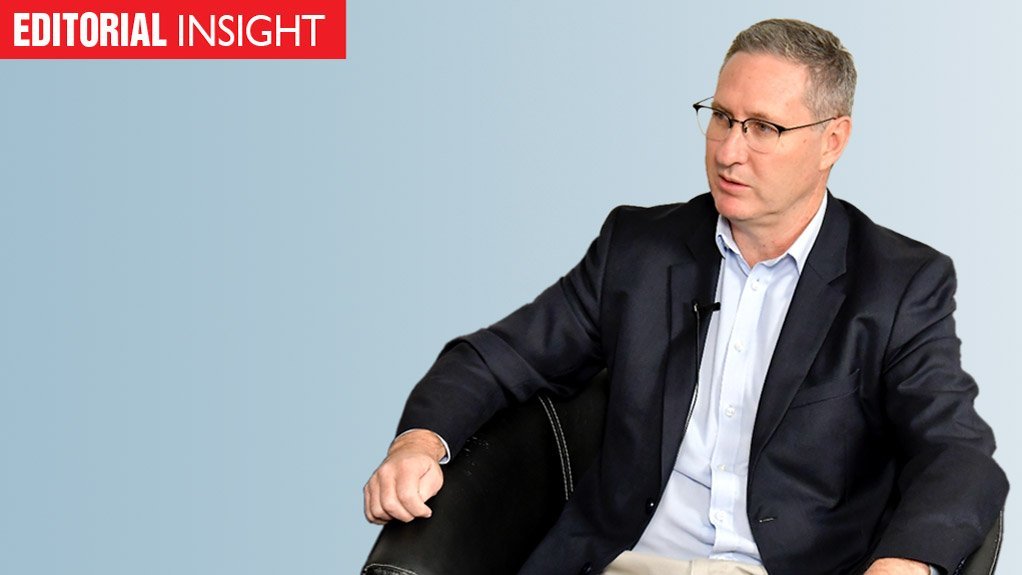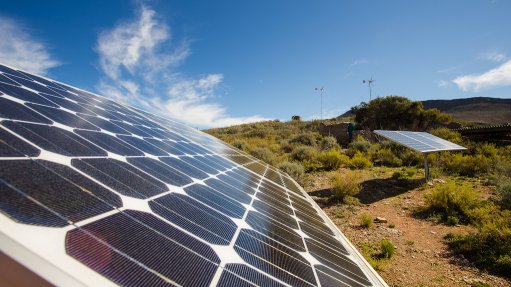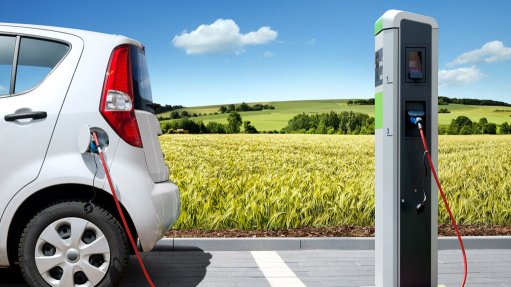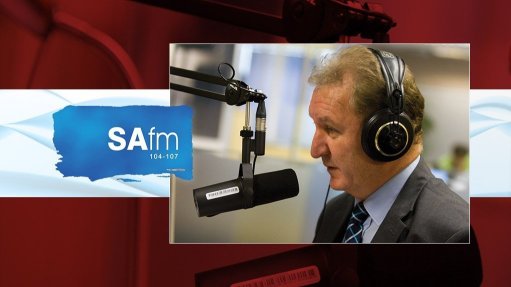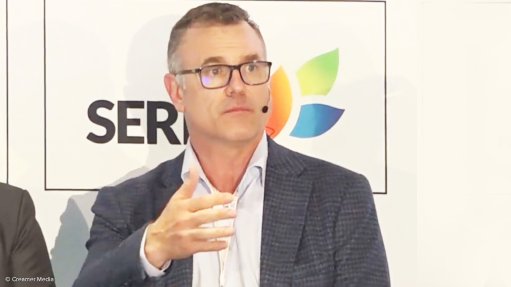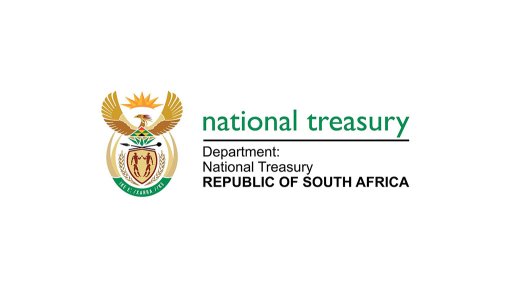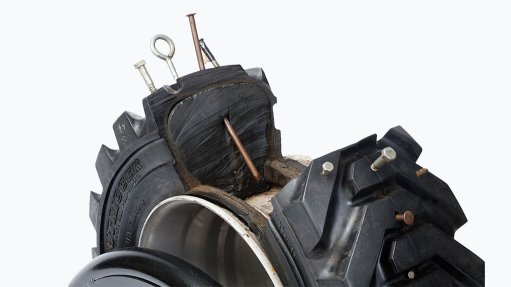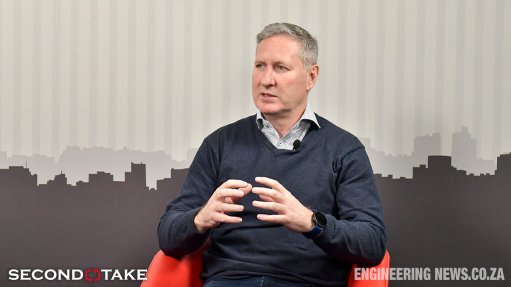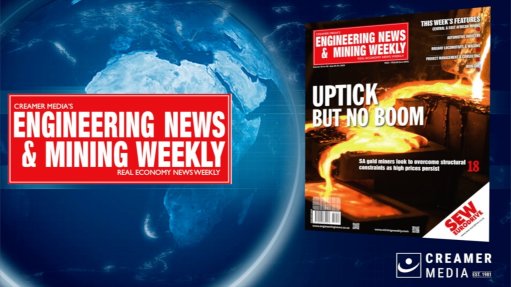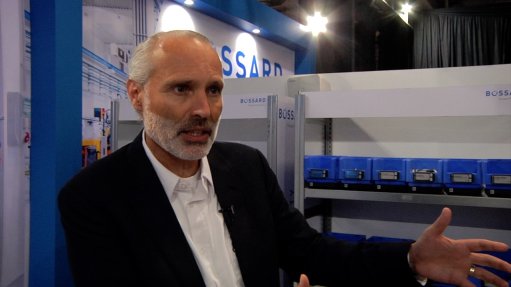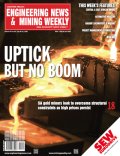Laggard costs
The cost of failing to keep pace with what is required economically and environmentally for energy sustainability should surely now be plain for all to see.
Besides the fiscal costs associated with ongoing Eskom bailouts, which more recently evolved into a R254-billion debt- relief package, the chronic power shortages carry indirect costs that dwarf the headline-grabbing diesel spend required to partially plug the supply gap.
South African Reserve Bank models estimate that the recent years of intense loadshedding are likely to have shaved between 0.7 and 3.2 percentage points from gross domestic product growth, while also undermining potential growth by reducing productive time and thus limiting the economy’s production capacity.
Every results presentation made by every CEO of a listed or unlisted company refers to the deleterious effects of the crisis. These range from an undermining of sales to manufacturers that are cutting back on production shifts to match with their available power, to the rise in input costs on the back of steep tariff hikes, the fall in consumer confidence and the shedding of jobs.
The costs also show up in the criminality that thrives in darkness, and in the growing health burden linked to South Africa’s highly polluted air, which is resulting in debilitating and expensive chronic lung conditions and thousands of premature deaths.
These costs are also not limited to the electricity sector, with Sasol recently impairing the liquid-fuels-linked assets at its integrated fuels and chemicals complex in Secunda by a whopping R36-billion.
While the group restated 2050 as the refinery’s useful life, Sasol’s failure to transition at a pace required to meet its decarbonisation commitments has resulted in a capping of Secunda’s post-2030 yearly output at 6.7-million tons; well below its historical yearly run rate of 7.5-million tons. The group is also having to warn shareholders to expect negative cashflows from its South African fuels business after 2030, which will be only partially offset by the chemicals business.
What’s more, the communicated downgrades and impairments assume that Sasol will prevail in its appeal of the National Air Quality Officer’s decision to decline its application to have its Secunda boilers regulated using a load-based emission limit for sulphur dioxide, rather than the prescribed concentration-based formula. Should the appeal fail – which it probably won’t, considering the extreme economic and social consequences – there would have to be a phased shutdown of Secunda.
Sasol’s transition is particularly complex, given its reliance on a coal-to-liquids production method developed for an entirely different era, when carbon budgets were not in prospect.
Nevertheless, the group began making serious energy transition strides only after a near cataclysmic mega- project misadventure in the US. Sasol is thus something of a transition laggard, which has resulted in risks that could, if not well managed, eclipse the opportunity it now has to use its unique asset base to emerge as a sustainable fuel leader.
There is no such excuse for South Africa’s electricity intransigence, with the trade-off between cheap and clean in that sector having evaporated nearly a decade ago.
Comments
Press Office
Announcements
What's On
Subscribe to improve your user experience...
Option 1 (equivalent of R125 a month):
Receive a weekly copy of Creamer Media's Engineering News & Mining Weekly magazine
(print copy for those in South Africa and e-magazine for those outside of South Africa)
Receive daily email newsletters
Access to full search results
Access archive of magazine back copies
Access to Projects in Progress
Access to ONE Research Report of your choice in PDF format
Option 2 (equivalent of R375 a month):
All benefits from Option 1
PLUS
Access to Creamer Media's Research Channel Africa for ALL Research Reports, in PDF format, on various industrial and mining sectors
including Electricity; Water; Energy Transition; Hydrogen; Roads, Rail and Ports; Coal; Gold; Platinum; Battery Metals; etc.
Already a subscriber?
Forgotten your password?
Receive weekly copy of Creamer Media's Engineering News & Mining Weekly magazine (print copy for those in South Africa and e-magazine for those outside of South Africa)
➕
Recieve daily email newsletters
➕
Access to full search results
➕
Access archive of magazine back copies
➕
Access to Projects in Progress
➕
Access to ONE Research Report of your choice in PDF format
RESEARCH CHANNEL AFRICA
R4500 (equivalent of R375 a month)
SUBSCRIBEAll benefits from Option 1
➕
Access to Creamer Media's Research Channel Africa for ALL Research Reports on various industrial and mining sectors, in PDF format, including on:
Electricity
➕
Water
➕
Energy Transition
➕
Hydrogen
➕
Roads, Rail and Ports
➕
Coal
➕
Gold
➕
Platinum
➕
Battery Metals
➕
etc.
Receive all benefits from Option 1 or Option 2 delivered to numerous people at your company
➕
Multiple User names and Passwords for simultaneous log-ins
➕
Intranet integration access to all in your organisation



